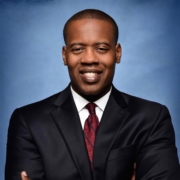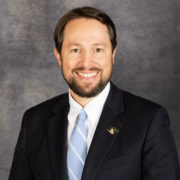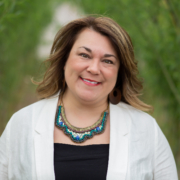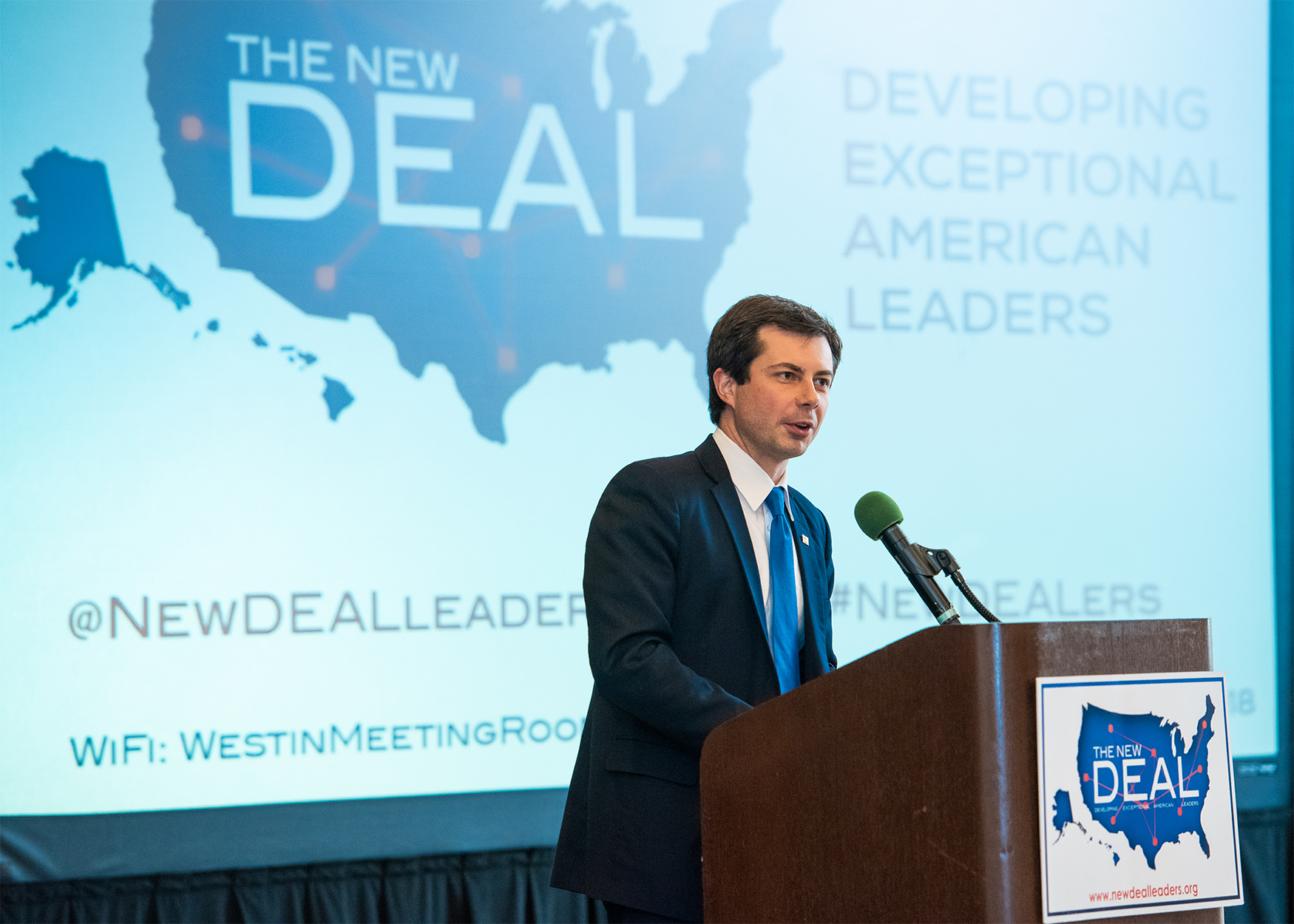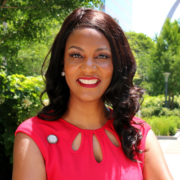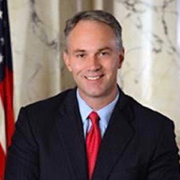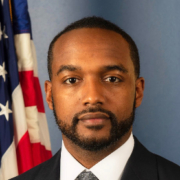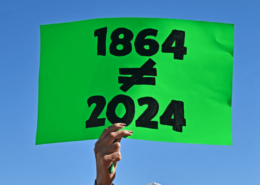A Child Care Tax Credit to Help Working Parents and Businesses
2023 Ideas Challenge Entry
With Alabamans missing work for child care purposes at a higher percentage than any other state, House Minority Leader Anthony Daniels proposed legislation to support providers through tax credits and incentives. His bill would allow each provider to receive a credit of up to $1 million with a total cap of $15 million, while each facility would be eligible for a credit of up to $25,000 with a total available credit of $5 million. The funds can be used for building an on-site facility, partnering with local facilities, or providing a stipend for employee childcare expenses.
Impact:
Under the bill, the child care tax credit program is authorized for a four-year period, helping hardworking families in a state where child care issues kept nearly 20 percent of employed Alabamans from going to work in 2021. While the legislation did not advance in 2023, it is achieving notable bipartisan support, which is extremely promising for any progressive policy in a Republican-controlled state. Daniels hopes to reintroduce the bill in the new legislative session and build a bipartisan coalition of stakeholder support through employers, business groups, and community, education, and family empowerment organizations across the state.

